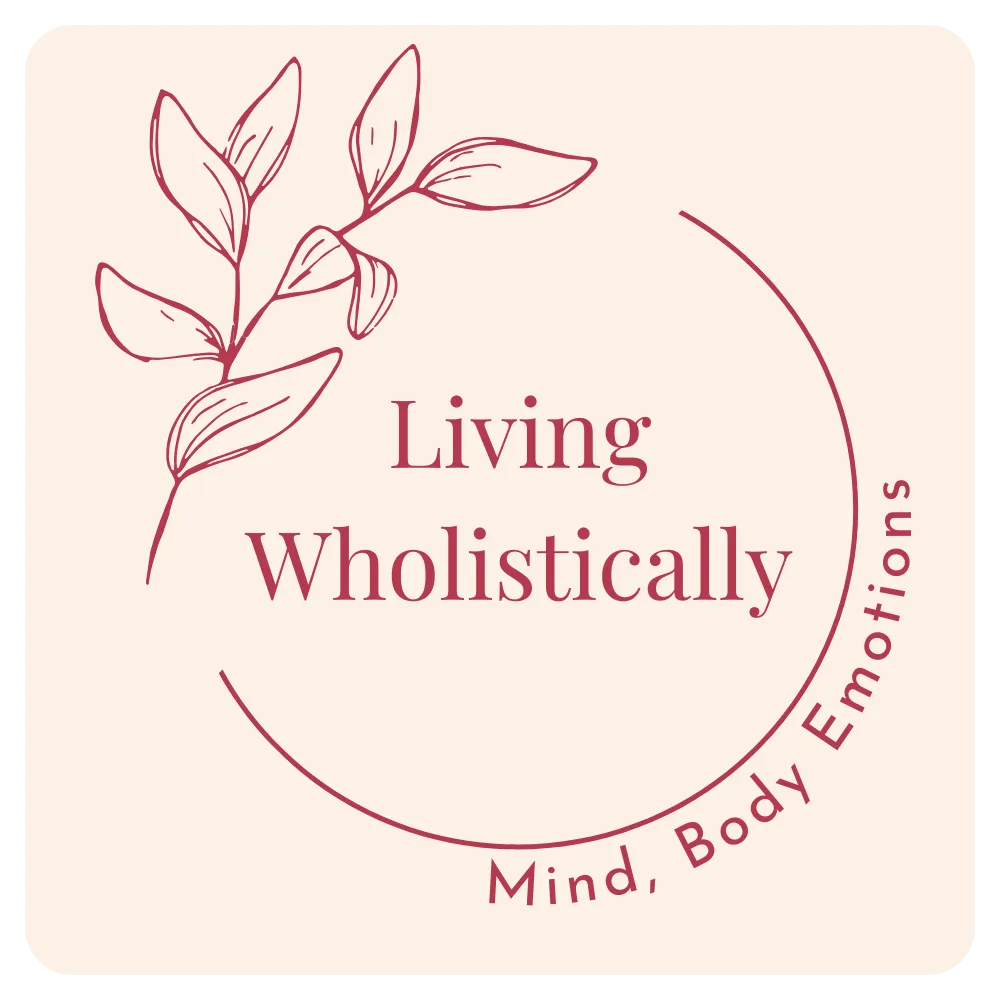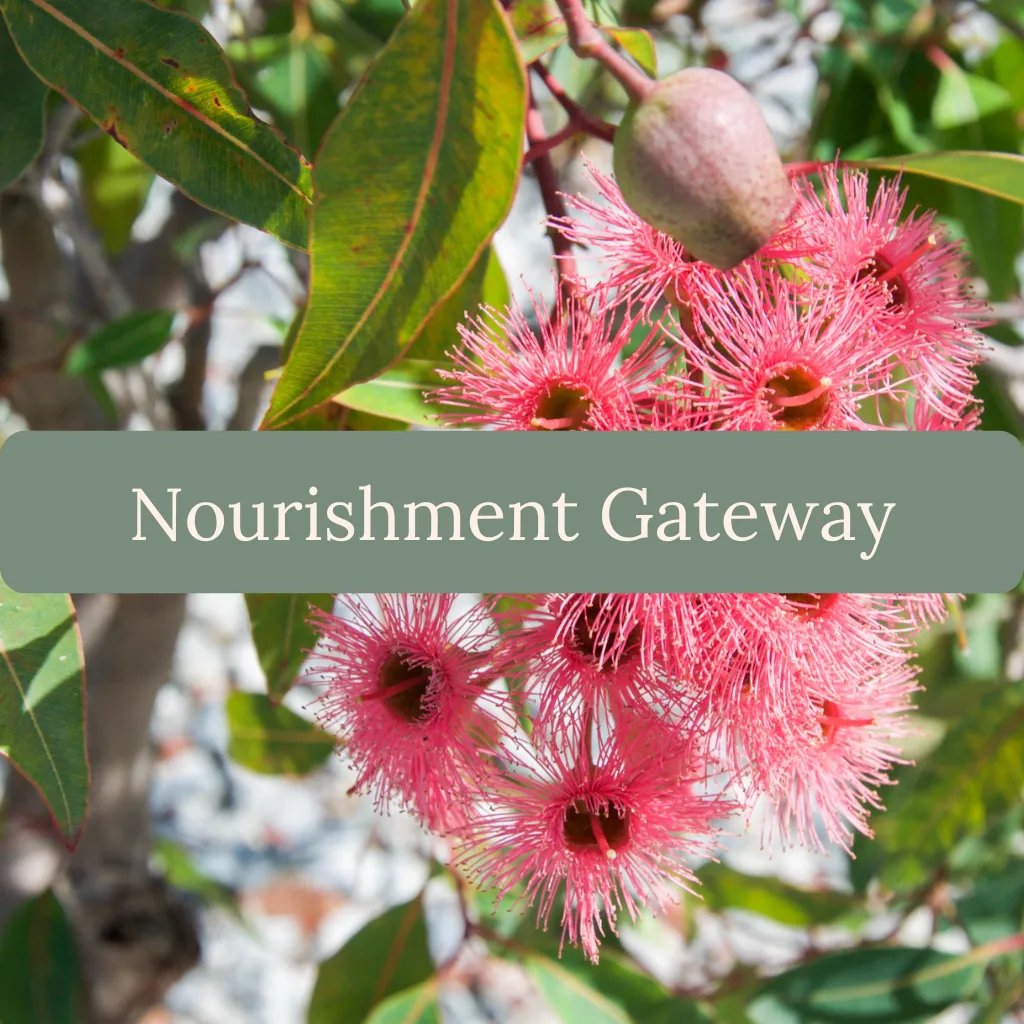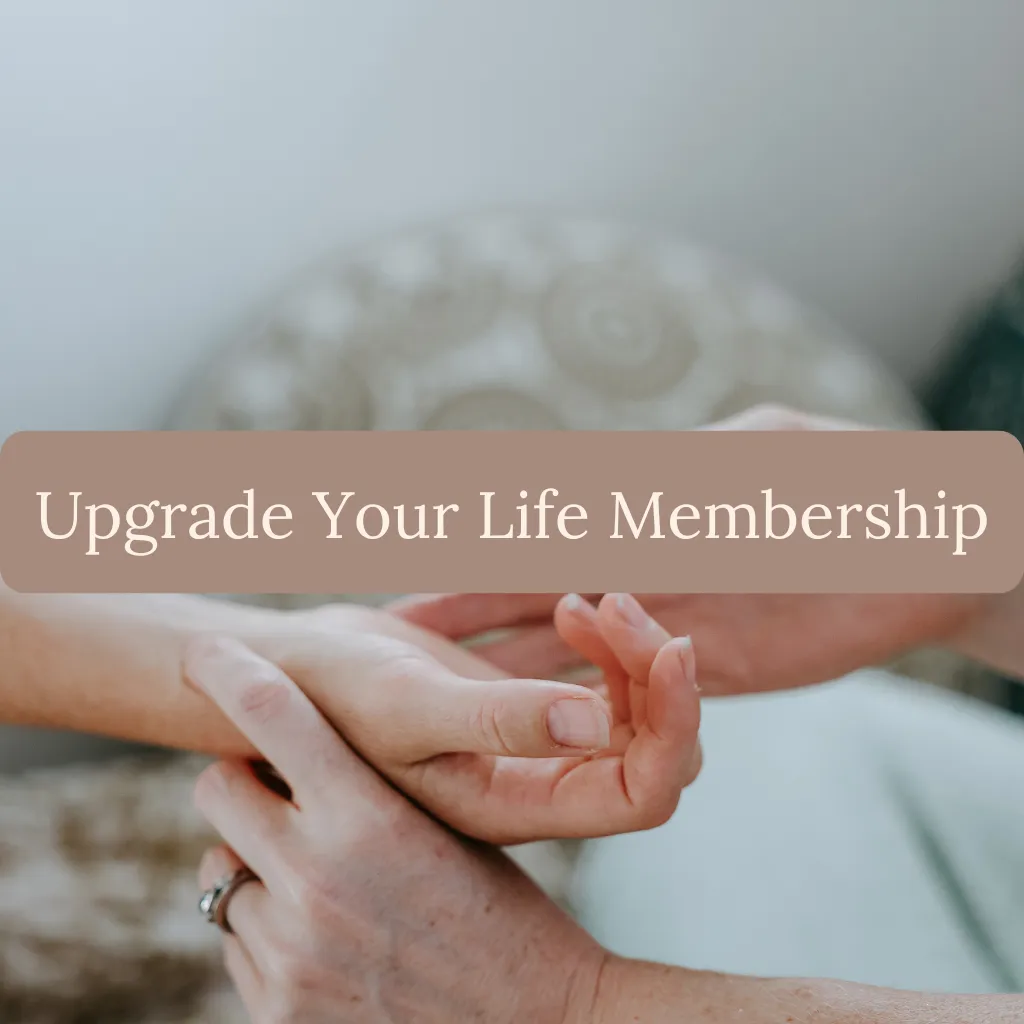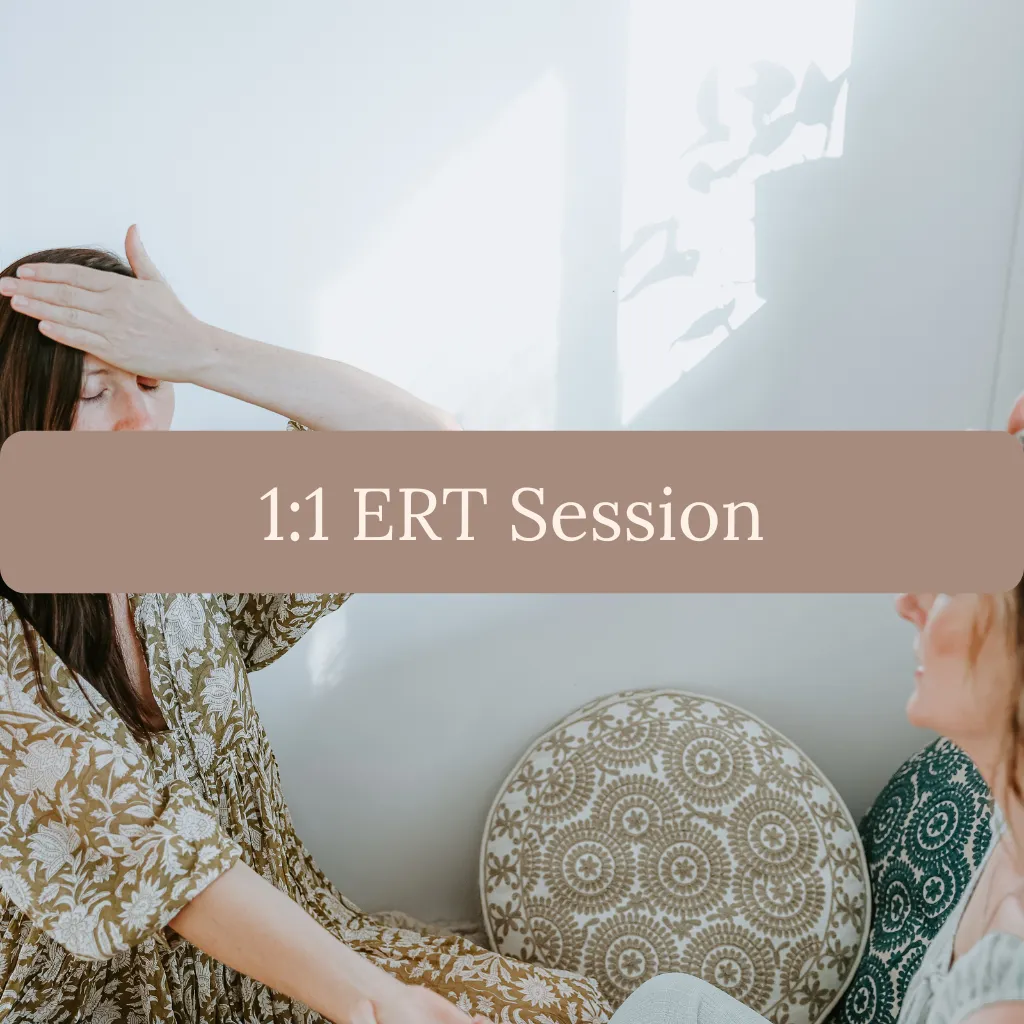How Chronic Stress, People-Pleasing & Emotional Suppression Disconnect Women from Their True Selves
In our busy lives as women, wearing all the different hats (mothers, partners, friends, worker, chef, and so on...), it’s easy to let our own needs slide. Chronic stress becomes the norm, we say “yes” to avoid discomfort of others emotions, we say “no” to doing our own healing work to avoid the discomfort of our emotions, and we push away our true feelings, usually without even realising.
But over time, this pattern doesn’t just wear us down physically; it disconnects us from who we really are. And that’s what this post explores:
• How each of these habits erodes your authentic identity
• What it might feel like when the real you slips away
• Compassionate, practical ways to begin reconnecting with yourself
Chronic Stress: How Do You Begin to Fade Away?
What happens in the body:
Your nervous system wasn’t made for constant activation. Prolonged stress increases cortisol, which interrupts digestion, sleep, and emotional balance.
Signs it might be happening:
Feeling numb or detached from your own life
Waking up exhausted but wired
Reaching for comfort instead of real nourishment
Real example:
My client Jenna shared how she realised she couldn’t remember what she liked anymore. Her life had become a blur of dishes, pick-ups, and digital distractions. She couldn’t connect with herself because her body was in survival mode.
Bring yourself back:
Schedule a “breathing break” before coffee; do as many rounds of box breathing (4 in, 4 hold, 4 out, 4 hold and repeat) as you need to ground in to the present.
Take a brief pause between tasks to place a hand on your heart and ask, “What do I need right now?”
People‑Pleasing: When Pleasing Becomes Performance
Why it disconnects:
Constantly aiming to please others shifts the focus away from your feelings, needs, and desires. Instead, your identity becomes constructed around being “useful” or “nice.”
Rather than asking “Who am I?”, you ask “What do others need from me today?”
Real example:
Lisa, another client, shared how she went to a dinner feeling invisible and anxious. She felt like a chameleon, adapting constantly to others. Then, she felt disconnected from her own voice.
Bring yourself back:
Start pausing before every “yes”:
Notice what you feel before choosing “yes” — hesitation? heaviness?
Ask: “If I say no, will I be OK with that?” It centers your identity again.
Emotional Suppression: When You Quiet the Real You
What it looks like:
We learn that emotions like sadness, anger, or disappointment are “inconvenient.” So we push them down, tuck them away, and carry on.
Over time, though, these emotions build up like a blocked river; numbing, addiction, or burnout often follows (along with emotions bursting through every now and then uncontrollably as the 'river' breaks its banks).
Real example:
My client Hannah realised she hadn’t cried since becoming a mother. She thought that was “strength.” But then she realised it was holding her back. At her first session, tears came (with trepidation and fear, then later with relief), she said she it was scary and hard, but that she could feel herself again, and that felt like home.
Bring yourself back:
Ask yourself once a day, “What am I feeling right now?” (Even if the answer is “I don’t know.”)
Write it down, even in a word (and it doesn't need to be an emotion word, you could write heavy, shit, or even messed up). That naming lets the emotion breathe instead of burying.
Why This All Matters So Much for Identity
What is true identity?
It’s not a role or a list of achievements, it’s the quiet “I am.”
When you suppress emotion, perform for others, or stay stressed, that essential self gets buried.
Healing from the inside out:
Real identity work isn’t a luxury, it’s the foundation. Without it, healing feels surface level: resetting routines doesn’t bring nourishment, therapy doesn’t reach the soul, and journals stay half-filled.
When you reconnect with your identity, everything shifts:
Choices feel aligned
Boundaries feel natural
Healing tools land more deeply
How to Begin Reconnecting
Daily practices for identity reconnection:
Pause for breath — 1–3 minutes before each meal or start of your day
Journal one question — “Who am I under the noise?” or “What do I want today, not tomorrow?”
Check your health— Stress, people-pleasing, and suppression all show up in your physical body too. Hormonal imbalance, headaches/migraines, PMS and the list goes on. It might not be the hormones as the root cause of these symptoms, but your unhealed emotional issues.
Share your reflections — In trusted circles or a small group, with a friend who gets it, or find a practitioner to work through it with (oh hey there 😉), sharing brings back your voice, helps you get insight and just feels bloody good.
Begin with Identity, Not Fixing
The problem isn’t that you need more. The problem is that you’ve forgotten you.
By starting with identity, even if it’s just a soft question, you create space for everything else to land.
Your values, boundaries, healing, self-care, they all work better from the inside out.
Invitation
If you’re curious to explore this further in a guided space — The Unstuck Identity workshop offers that exact invitation.




